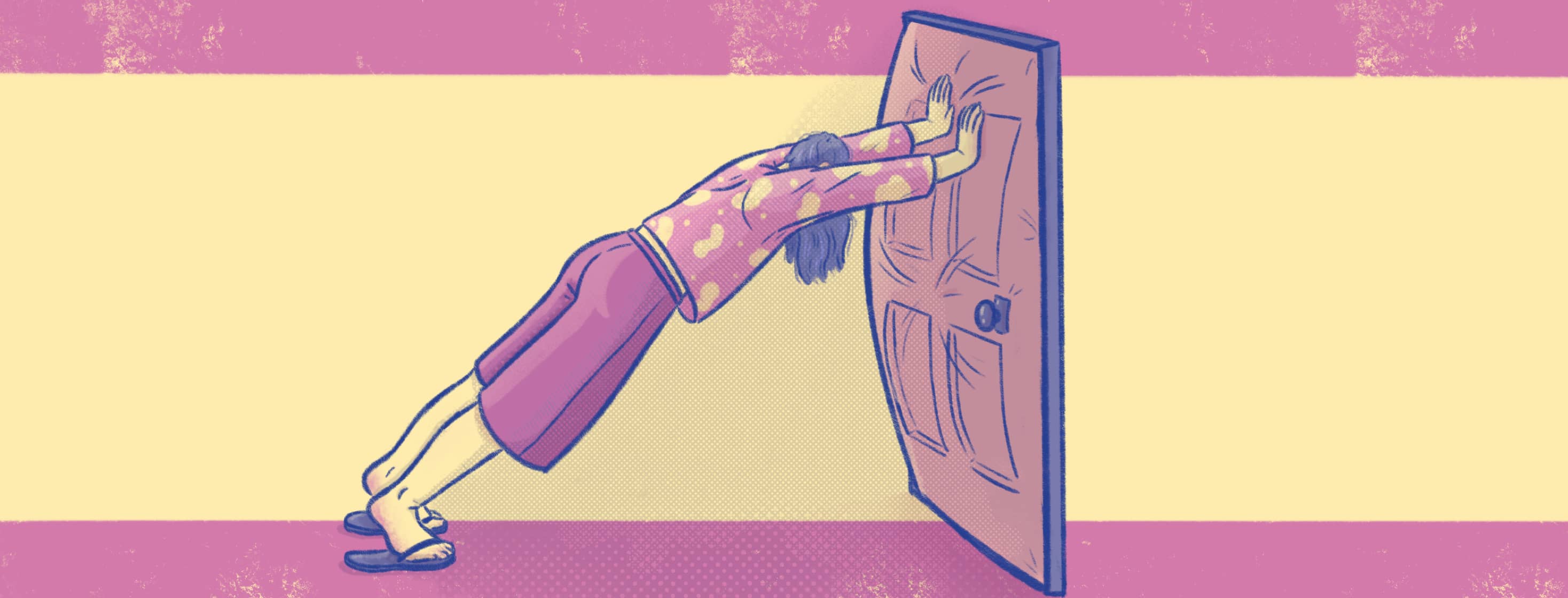3 Subtle Signs of Denial You Might Not Notice
Ok, so here's the thing: Denial can be tricky to deal with. The reason being is it's not always easy to identify, and it can be even more difficult to navigate through.
Now you might not notice these three telltale signs but that is where we come in! Continue reading for valuable advice on how to cope with denial
Denial is a natural part of grieving
Caregivers often miss subtle signs of denial which could lead them down 3 common paths that later turn into signs of:
- Rejecting personal responsibility for self-care
- Avoiding talking about the severity of the situation
- Refusing help from institutions or people
It's not uncommon for someone in a caregiving role to struggle with their loved one's disease. Still, it is important to recognize if we may be in denial about it, and to understand that the feeling is natural and completely valid. Denial helps us cope by protecting our sense of identity, reality, or worth.
How to tell if you are in denial
Denial can be a sneaky, under-the-radar defense mechanism that you might not notice. As we mentioned there are common paths or signs that can help.
Sign number one
Denying personal responsibility for self-care.
When you deny your feelings and needs, it can become easy to neglect yourself physically. You may find it challenging to make time for rest or relaxation, denying how tired you are.
Sign number two
Avoid talking about the severity of the situation.
When you deny your loved one's illness, it can be easy to avoid talking about the severity of their disease or how much they have deteriorated. You may also feel uncomfortable with what is happening and want to suppress those feelings by avoiding them instead of facing them head-on.
Sign number three
Refusing help from institutions or other people.
When you deny the challenges of caregiving, it can be easy to refuse help from others and push them away when they offer support. You may also feel like you're alone in this struggle even though there are many resources available to get through this difficult time with your loved one.
Denial happens... Here's how you move forward
I know it's hard to care for someone with Alzheimer's. Sometimes this caregiving life feels too heavy and we just want some space from reality for a while - but there will come a time when all things must be faced.
It's important to be kind and gentle with yourself, and reach out for support if you need it. We are all human beings just trying our best! Be sure that you permit yourself the space to feel your feelings when it comes time to take care of yourself. Whether by reaching out for social support or taking extra steps like meditation practices or breathing exercises.
Remember, this is about being kinder, gentler humans but if any of this sounds too hard or if you don't know where to start, reach out to us. We want to support your journey!

Join the conversation